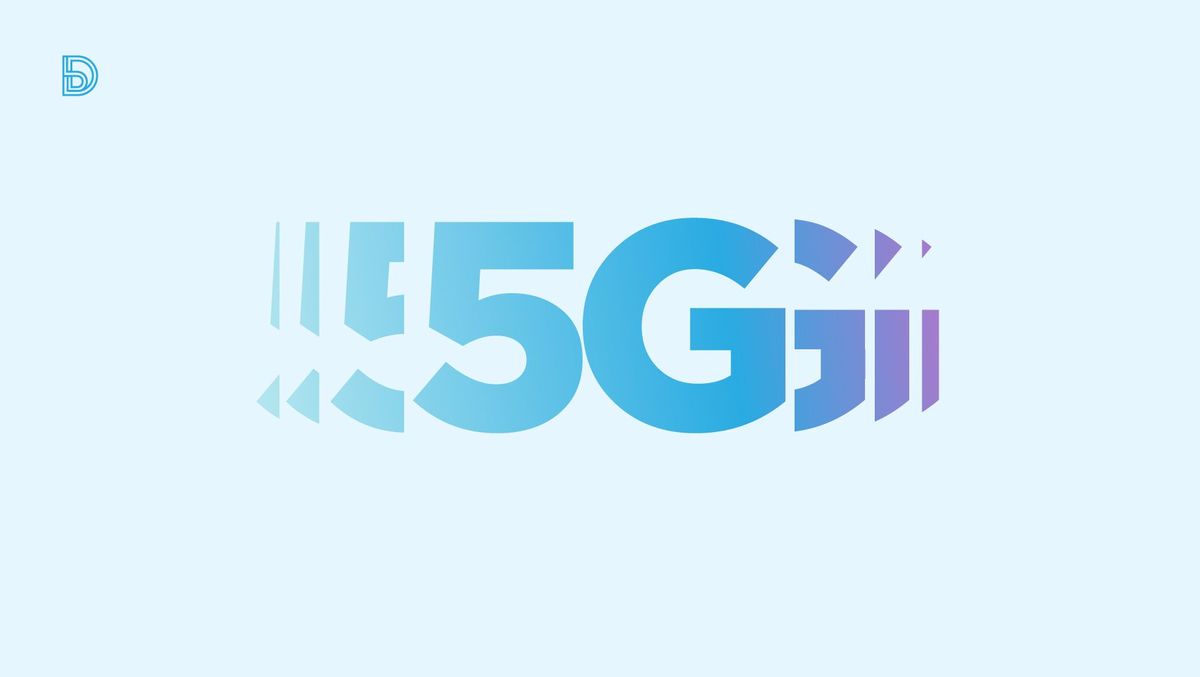NCC will auction 5G spectrum in December
The Nigerian Communications Commission (NCC) has announced that the auction of the 3.5 Gigahertz (3.5 GHz) spectrum for the deployment of Fifth Generation (5G) technology in Nigeria, will take place on December 13, 2021.

The Nigerian Communications Commission (NCC) has announced that the auction of the 3.5 Gigahertz (3.5 GHz) spectrum for the deployment of Fifth Generation (5G) technology in Nigeria, will take place on December 13, 2021.
NCC is adopting Ascending Clock Auction format, which is software-based while a mock auction has been slated for December 10, 2021, as a precursor to the actual auction on December 13, 2021.
According an Information Memorandum (IM) presented by the Commission, the auction comes with a 10-year spectrum license and a minimum requirement of an operational Universal Access Service License (UASL). However, new entrants or licensees without a UASL will be required to obtain a UASL operational license to be qualified for the 5G license.
Following the success of the spectrum test for the 5G network ran in in Abuja, Calabar and Lagos in 2019 by MTN Nigeria with support from mobile operators like Huawei, ZTE and Ericsson. In September, the Federal Executive Council approved the National Policy on the deployment of the 5G network in Nigeria.
According to the commission, "while the global impact of Fourth Generation (4G) technology brought about increase in mobile usage and network performance, 5G technology will leverage on this momentum, bringing substantial network improvements, including higher connection speed, mobility and capacity, as well as low-latency capabilities."
The reserved price for would-be eventual winners of the spectrum license auction is pegged at $197.4 million (N75 billion). Also, the IM states that only licensees, who make down payment of 10 per cent of the reserved bid price and with 100 per cent regulatory compliance would be allowed to participate in the auction while licensees with outstanding debts that have secured NCC’s approval for a payment plan will be allowed to participate in the auction.
Read Also: Understanding the 5G Network deployment approval in Nigeria.
The eventual licensees will have a rollout obligation plan spanning a period of 10 years, beginning from the date of award of the license. Between the first and second year of the license, the operators are expected to rollout service in, at least, one state in each geo-political zone.
Nigeria has an estimated population of 214 million, with an average growth rate of 2.6% annually. Approximately 76.46 per cent of the population is under the age of 35. In line with these demographic changes, internet penetration grew from 3 per cent in 2004 to 73.82 per cent as at September, 2021, and broadband penetration increased from less than 10 per cent in 2015 to 40.01 per cent in September, 2021.







Comments ()